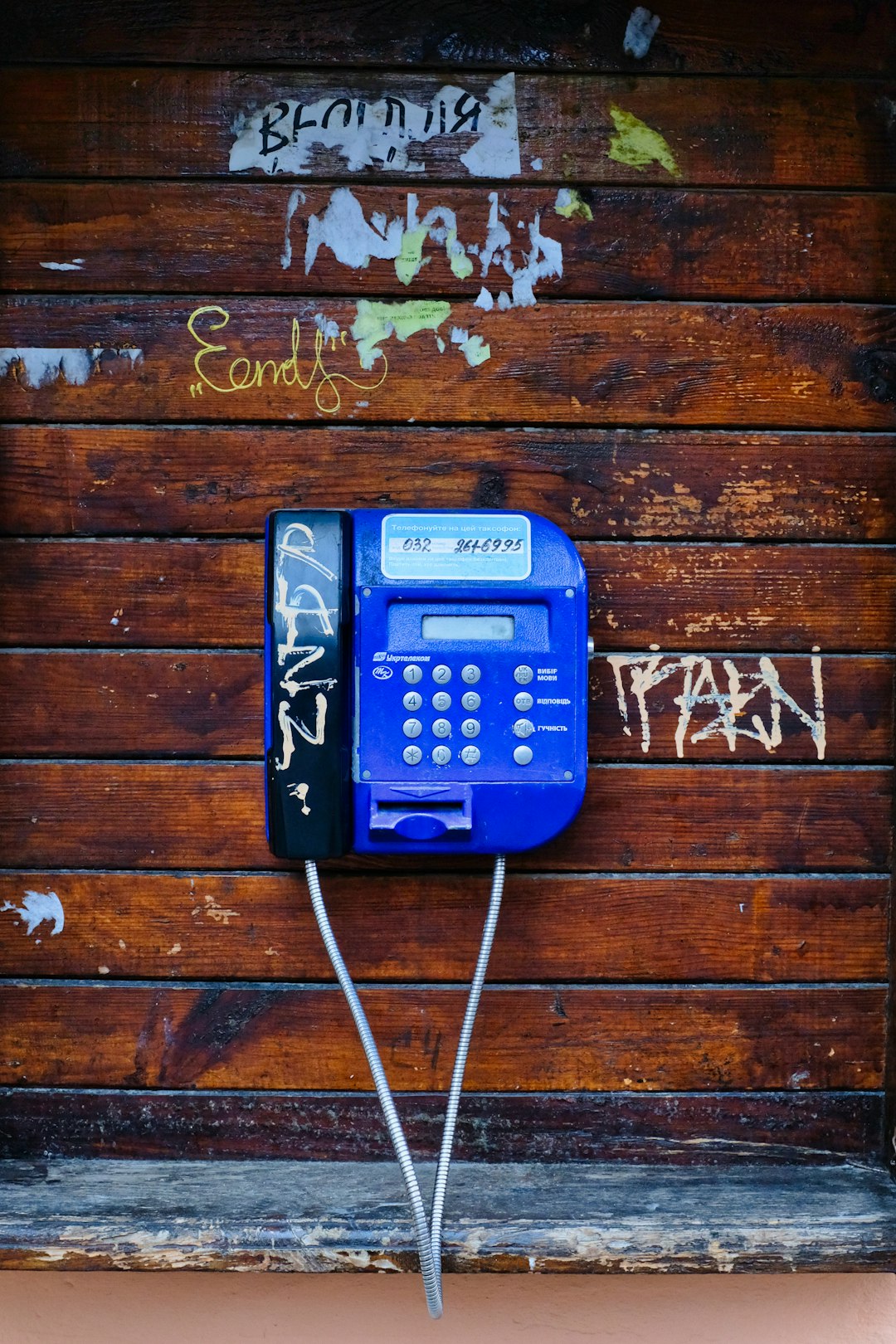In Alabama, including Helena, spam calls are regulated by state and federal laws protecting consumers from unsolicited or non-consensual marketing calls. To combat these nuisance messages, document details, register on the National Do-Not-Call Registry, use blocking tools, and consider consulting Spam call lawyers Alabama for legal guidance and potential compensation. Legal experts can file lawsuits under the ATCPAA to seek damages and injunctive relief, deterring future harassment.
In Helena, Alabama, understanding your rights against spam texts is crucial for navigating the digital age. This guide breaks down what constitutes spam calls under Alabama law, empowering residents to protect themselves from unwanted communications. Learn about your legal recourse and take action if you’ve received spam texts. If the situation escalates, consult a local spam call lawyer in Alabama for expert guidance and aggressive representation.
What Constitutes Spam Calls? Understanding the Legal Definition in Alabama

In the context of telecommunications, a spam call is unsolicited or non-consensual telephone calls made in large volumes, often for marketing purposes. In Alabama, including Helena, these calls are regulated by state and federal laws designed to protect consumers from unwanted intrusions. Understanding what constitutes a spam call is crucial when asserting your rights as a recipient.
Legally, a call can be classified as spam if it meets certain criteria, such as being placed to a phone number on a Do Not Call list or without the caller’s explicit consent. Alabama’s spam call lawyers play a vital role in navigating these legal complexities and ensuring individuals’ rights are protected. By understanding the legal definition and your entitlements, you can take proactive measures against unwanted spam calls and know when to seek legal counsel for effective redress.
Your Rights: Protecting Against Unwanted Spam Texts in Helena

In Helena, Alabama, residents have the right to be free from unwanted and deceptive spam texts. While many states have laws in place to protect against spam calls, Alabama specifically addresses mobile messaging with its Do-Not-Call list and anti-spam regulations. If you’re receiving nuisance text messages promoting products or services, you can take action. The first step is to document the messages, including dates, times, and content. This information will be valuable if you decide to file a complaint with the Federal Trade Commission (FTC) or seek legal counsel from experienced spam call lawyers Alabama.
There are several options available for those facing an overload of spam texts. You can register your number on the National Do-Not-Call Registry, which prevents most telemarketers from contacting you. Additionally, many mobile carriers offer filters and blocking tools to curb unwanted messages. If these measures aren’t effective, consulting with a lawyer specializing in spam call lawsuits Alabama can be beneficial. They can help you understand your legal options and guide you through the process of seeking compensation or having the messages stopped altogether.
Taking Action: What to Do If You've Received Spam Calls and When to Involve a Lawyer

If you’ve received spam calls in Helena, Alabama, there are several steps you can take to address the issue. First, document the calls by noting down the caller’s number and any details about the message. You can also use apps or tools designed to block and identify spam calls. Next, consider contacting the caller directly to express your displeasure and request them to stop. If this doesn’t work, or if the calls persist despite your efforts, it’s time to involve a lawyer specializing in spam call lawsuits.
Spam call lawyers Alabama can guide you through legal options available under state laws, such as the Alabama Telephone Consumer Protection Act (ATCPAA). These professionals have the expertise to file a lawsuit against the spammers on your behalf, seeking damages and injunctive relief to stop future harassment. Remember, taking action is crucial not only to protect yourself but also to send a strong message to potential spammers that such activities are unacceptable.






